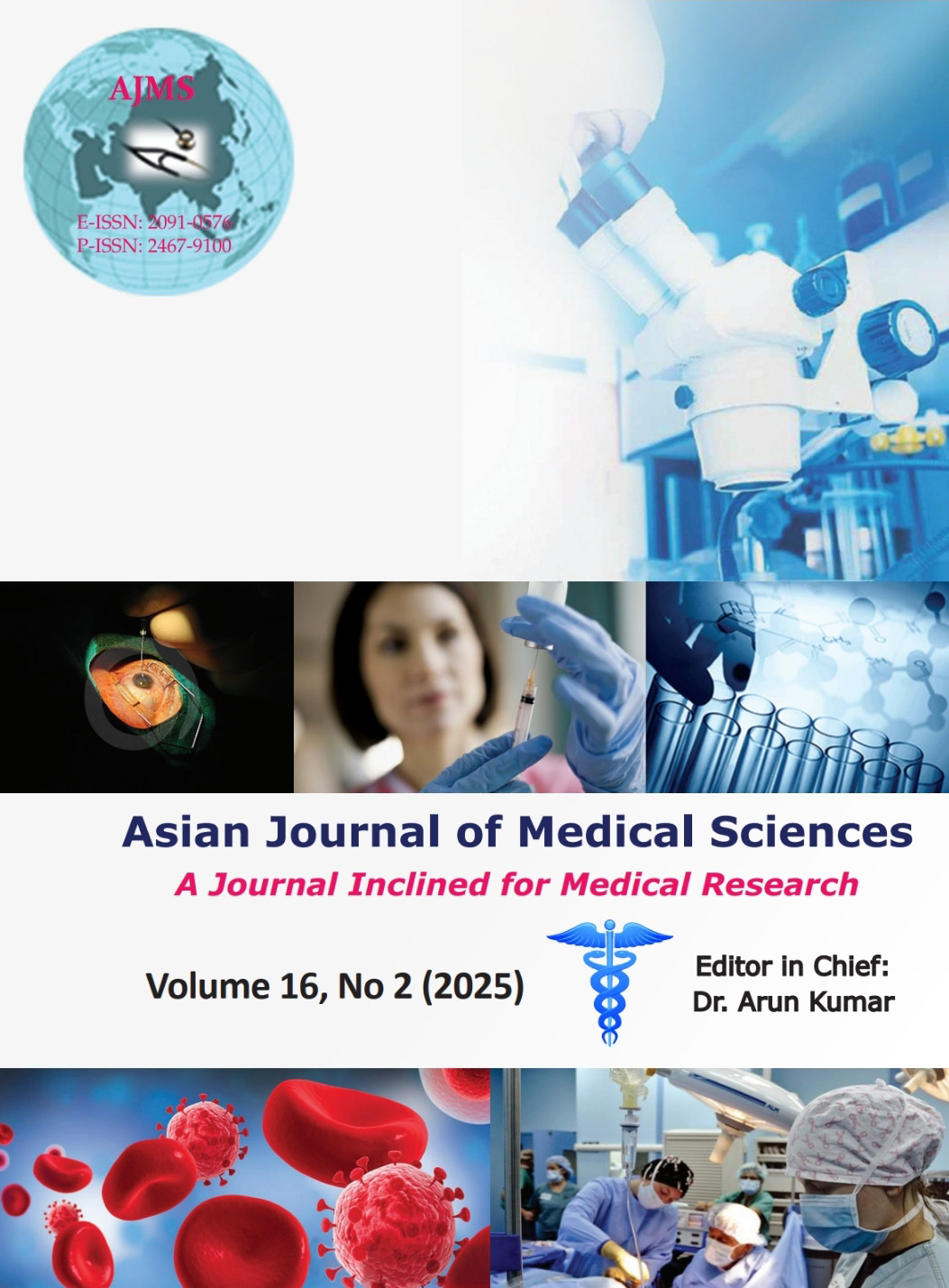Effectiveness of 12 weeks of listening to Gayatri Mantra in the management of non-motor symptoms in patients with Parkinson’s disease: A pilot study
Keywords:
Parkinson’s disease; Non-pharmacological treatment; Gayatri Mantra; Non-motor symptomsAbstract
Background: Parkinson’s patients experience non-motor symptoms along with motor symptoms that include autonomic deregulation, insomnia, decline in cognition, and psychological distress. Although it is known that mantra chanting offers multiple beneficial effects, the scientific studies related to these are limited.
Aims and Objectives: The present study aimed to observe the effectiveness of listening to the Gayatri Mantra in managing non-motor symptoms in patients with Parkinson’s disease.
Materials and Methods: The present pilot study recruited 20 patients with Parkinson’s disease. The patients acted as self-controls. After recording the baseline values, the participants were asked to listen to the Gayatri Mantra 108 chanting twice a day for 12 weeks. After 12 weeks of listening, post-intervention values were recorded and analyzed. Sleep quality was assessed using the insomnia severity index. Stress levels were assessed using the perceived stress scale. Spatial and verbal memory tests were used to assess the memory scores. Blood pressure was recorded using the Diamond Original Mercurial Regular BP Monitor (Multicolor). The pulse rate was recorded manually in the radial artery.
Results: There was a significant decrease in the perceived stress scores followed by the intervention (P<0.01). Sleep quality was improved in the participants followed by listening to the Gayatri Mantra chanting. There was an improvement in the spatial and verbal memory scores. Systolic and diastolic pressure was decreased and remained within normal limits followed by the intervention. The pulse rate was significantly decreased followed by the intervention.
Conclusion: The study results provide preliminary evidence that listening to the Gayatri Mantra has positive effects on the management of the non-motor symptoms of Parkinson’s disease patients. However, there is a need for more studies with higher sample sizes to recommend the implementation of the Gayatri Mantra in the management of Parkinson’s disease.
Downloads
Downloads
Published
How to Cite
Issue
Section
License
Copyright (c) 2025 Asian Journal of Medical Sciences

This work is licensed under a Creative Commons Attribution-NonCommercial 4.0 International License.
Authors who publish with this journal agree to the following terms:
- The journal holds copyright and publishes the work under a Creative Commons CC-BY-NC license that permits use, distribution and reprduction in any medium, provided the original work is properly cited and is not used for commercial purposes. The journal should be recognised as the original publisher of this work.
- Authors are able to enter into separate, additional contractual arrangements for the non-exclusive distribution of the journal's published version of the work (e.g., post it to an institutional repository or publish it in a book), with an acknowledgement of its initial publication in this journal.
- Authors are permitted and encouraged to post their work online (e.g., in institutional repositories or on their website) prior to and during the submission process, as it can lead to productive exchanges, as well as earlier and greater citation of published work (See The Effect of Open Access).




